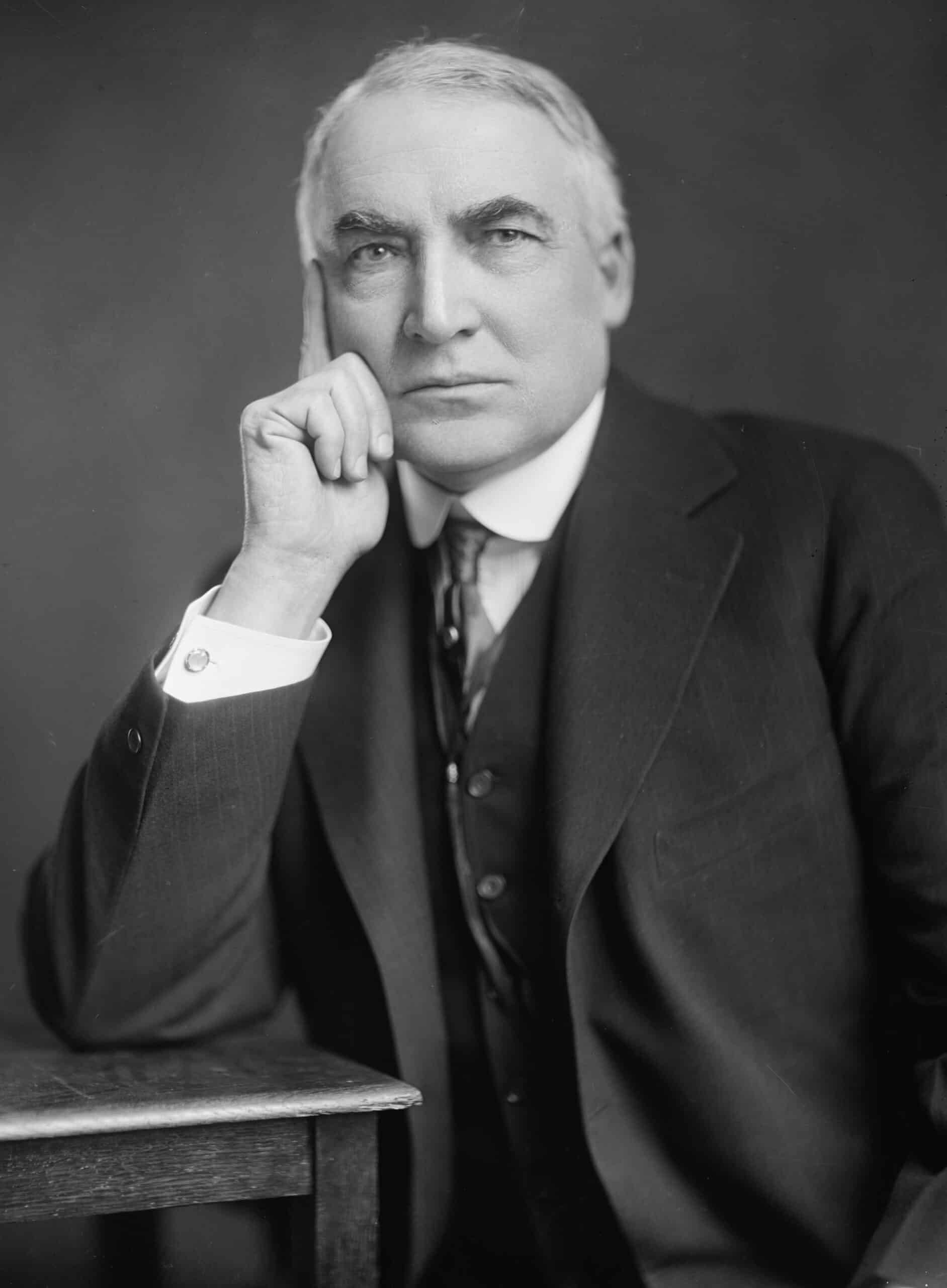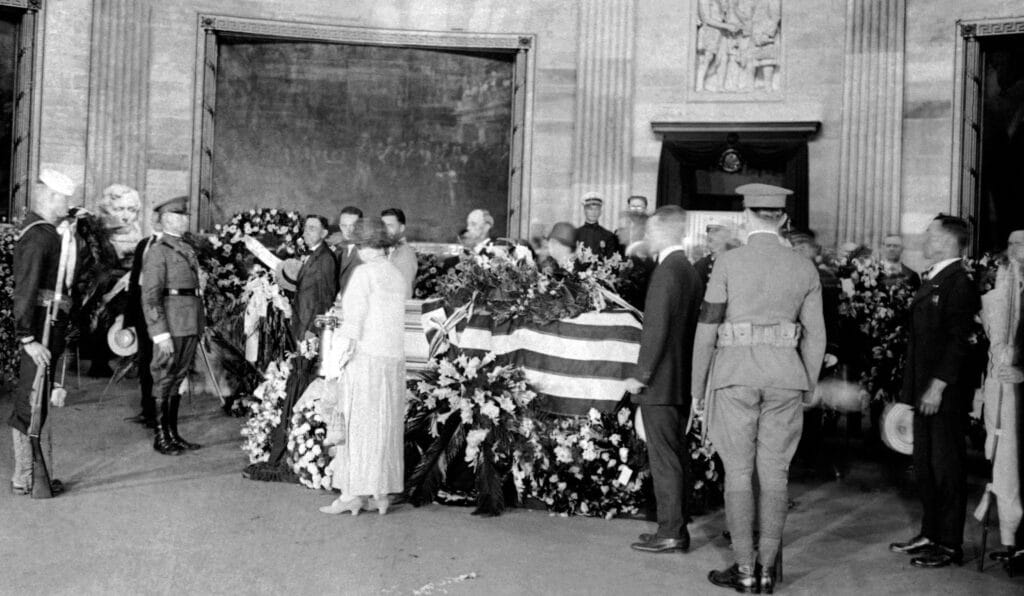President Warren Harding won the election of 1920 and came into office at an interesting time.
America had just come out of World War I, and former President Woodrow Wilson had lofty international goals for the country. However, the country was not ready for that as they wanted to focus more on what was happening domestically. The Republicans had already taken back the House and Senate and were not poised to take back the White House.
Harding proposed a return to normalcy and conducted a front porch campaign in which he told Americans that he wanted to get back to what America used to be, and it resonated with voters.
On the social front, Civil Rights were becoming a bigger issue, and a new wave of inventions was about to change the American economy forever. Also, Prohibition was in full effect and was being enforced throughout the country. This would lead to a time of bootlegging, gangsters, and violence.
Unfortunately, Harding's short time in office will be remembered for scandal, and the glory that could have been his went to Calvin Coolidge.
Harding's Term

March 4, 1921: President Warren Harding is inaugurated and was the last President to be from Ohio.
April 20, 1921: The Senate ratified the Thompson-Urrutia Treaty, which paid Colombia $25 million for the loss of Panama in 1903 under President Theodore Roosevelt.
May 19, 1921: Harding signs the Emergency Quota Act.
May 27, 1921: President William Harding raises tariffs with the Emergency Tariff Act. A year later, tariffs would be raised higher with the Fordney-McCumber Act.
June 10, 1921: Harding signs the Budget and Accounting Act.
June 30, 1921: President Harding nominates former President William Howard Taft as Supreme Court Chief Justice.
September 26, 1921: Secretary of Commerce Herbert Hoover investigates the increasing unemployment rate.
November 12, 1921 - February 6, 1922: At the Washington Naval Armament Conference, Great Britain, France, Japan, Italy, and the United States agreed to limit their respective armament, including battleships. The treaty is ratified by the Senate.
November 23, 1921: The Sheppard-Towner Maternity and Infancy Act is passed.
February 22, 1922: President Warren Harding signs the Capper-Volstead Act.
September 19, 1922: Harding vetoes the Soldiers' Bonus Bill that would have provided money towards military veterans.
September 22, 1922: Harding signs the Cable Act, which stipulates that a woman does not lose her citizenship if they marry a foreigner.
June 2, 1922: The Supreme Court ruled in the case of United Mine Workers v. Coronado Coal Co. that the striking miners are liable for damages to company property. This reinforces that the citizens are allowed to protest and strike but are not permitted to destroy personal property.
April 9, 1923: In the case of Adkins v. Children's Hospital, the Supreme Court ruled that fixed minimum wage laws for women and children were unconstitutional.
August 2, 1923: President William Harding dies in San Francisco of pneumonia brought on by ptomaine poisoning. Calvin Coolidge takes office.

